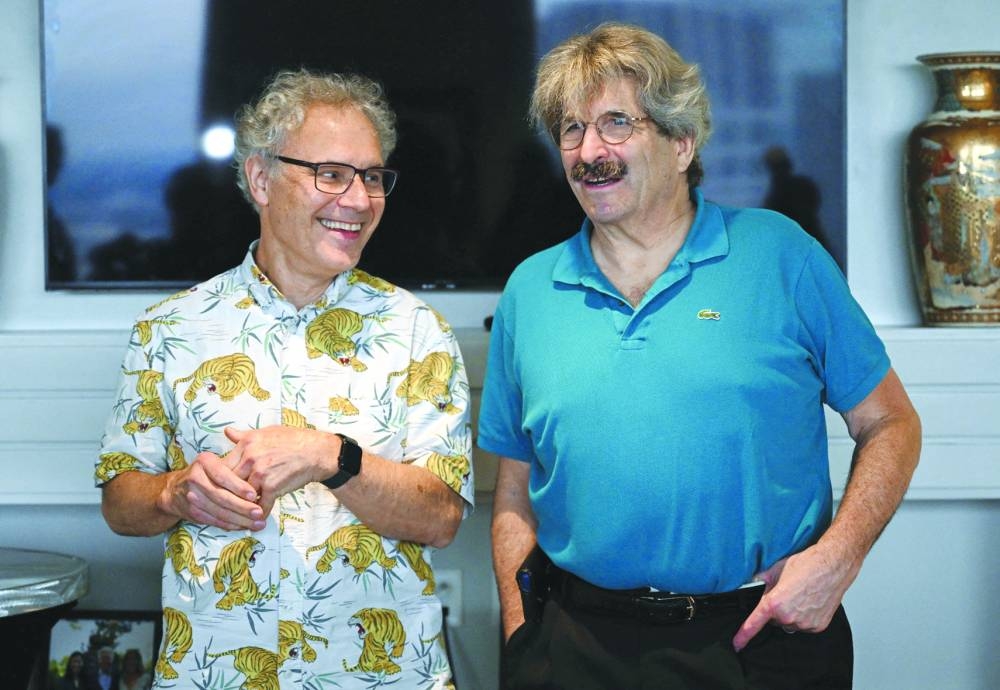US scientists Victor Ambros and Gary Ruvkun won the Nobel Prize in Medicine on Monday for their discovery of microRNA and its role in how genes are regulated, solving a decades-old mystery, the Nobel Assembly at Sweden’s Karolinska Institute said.
If gene regulation goes awry, it can lead to serious diseases such as cancer, diabetes, or autoimmune illnesses.
“Their groundbreaking discovery revealed a completely new principle of gene regulation that turned out to be essential for multicellular organisms, including humans,” the jury said.
Ruvkun said he was shocked to win the prestigious prize.
“It’s quite a sea change,” the 72-year-old professor at Harvard Medical School told AFP after receiving the news in a call from the prize committee in the early hours of Monday.
The Nobel committee failed to reach Ambros by telephone to give him the news. He heard it instead from a reporter who called.
“Wow, that’s incredible! I didn’t know that,” the 70-year-old professor at the University of Massachusetts medical school said, adding: “Good. Wonderful.”
Collaborating but working separately, Ruvkun and Ambros conducted research on a 1mm roundworm, C. elegans, to determine why cell mutations occurred and when.
They discovered microRNA, a new class of tiny RNA molecules that play a crucial role in gene regulation, which in turn allows each cell to select only relevant instructions.
Their findings were published in two articles in 1993. – AFP

Victor Ambros (left) and Gary Ruvkun.
